Non-edible triacylglycerols as feedstock to prepare phase change materials and pressure-sensitive adhesives
dc.contributor
Universitat de Lleida. Departament de Química
dc.contributor.author
Gallart Sirvent, Pau
dc.date.accessioned
2017-09-25T08:54:15Z
dc.date.available
2017-12-23T06:45:10Z
dc.date.issued
2017-06-26
dc.identifier.uri
http://hdl.handle.net/10803/405959
dc.description.abstract
Aquest programa de recerca està enfocat en l'aprofitament de triacilglicèrids vegetals i animals d'origen no comestible per preparar productes de valor afegit. Els triacilglicèrids són una font excel•lent per substituir el petroli ja que provenen de diferents fonts renovables i tenen propietats químiques i físiques interessants. No obstant, tot i que són renovables, el seu ús s’ha de discutir. D'una banda, a causa del origen dels triglicèrids, ja que els comestibles competeixen directament amb l'alimentació. Per tant, s'han fet servir dues fonts diferents com són el greix animal no comestible dels escorxadors municipals i un oli vegetal no comestible provinent d'un arbre de cultiu Xinès (Vernicia fordii) anomenat oli de tung. D’altra banda, part de la química involucrada en la preparació de productes "bio-based" té efectes negatius per al medi ambient ja que genera grans quantitats de residus i normalment es fan servir altes temperatures i reactius perillosos. Per superar aquest problema, aquest treball aprofita les condicions suaus i la reusabilitat dels biocatalitzadors com les lipases imobilitzades i les "resting cells". A més, van ser una prioritat els reactius químics no perillosos, les practiques generadores de pocs residus i els reactius barats per tal de completar la transformació del greix animal no comestible i l'oli de tung.
en_US
dc.description.abstract
Este programa de investigación está enfocado en el aprovechamiento de triacilgliceridos vegetales y animales de origen no comestible para preparar productos con valor añadido. Los triacilgliceridos son una fuente excelente para substituir el petróleo ya que provienen de distintas fuentes renovables y tienen propiedades químicas y físicas interesantes. No obstante, aunque son renovables, su uso tiene que discutirse. Por un lado, debido al origen de los trigliceridos, ya que los comestibles compiten directamente con la alimentación. Por lo tanto, se han usado dos fuentes distintas como son la grasa animal no comestible de los mataderos municipales y un aceite vegetal no comestible proveniente de un árbol de cultivo Chino (Vernicia fordii) llamado aceite de tung. Por el otro lado, parte de la química involucrada en la preparación de productos “bio-based” tiene efectos negativos para el medio ambiente ya que genera grandes cantidades de residuos y normalmente se usan altas temperaturas y reactivos peligrosos. Para superar este problema, este trabajo aprovecha las condiciones suaves y la reusabilidad de los biocatalizadores como las lipasas inmovilizadas y las “resting cells”. Además, fueron una prioridad los reactivos químicos no peligrosos, practicas generadoras de pocos residuos y reactivos baratos para completar la transformación de la grasa animal no comestible y el aceite de tung.
en_US
dc.description.abstract
The research described in this document is focused on the utilization of vegetable and animal non-edible triacylglycerols to prepare value added products. Triacylglycerols appeared to be an excellent source to substitute petroleum since they come from distinct renewable sources and have various interesting chemical and physical properties. Nevertheless, although they are renewable, their utilization as starting materials to produce chemicals can cause some concerns. On the one hand, edible triacylglycerols compete directly with food and feed. To overpass these concerns, two distinct sources of non-edible triacylglycerols were used such as non-edible animal fat from slaughterhouses and vegetable oil from a Chinese three crop (Vernicia fordii) known as tung oil. On the other hand, some of the chemistal procedures involved in the preparation of bio-based products have negative effects on the environment since high amount of wastes are generated and high temperatures and hazardous reagents are commonly employed. To overcome these issues, the present work takes advantage of the milder conditions and reusability of biocatalyst such as immobilized lipases and resting cells. Additionally, non-hazardous chemicals, low generating waste practices and cheap reagents were a priority to complete the transformation of non-edible animal fat and tung oil.
en_US
dc.format.extent
306 p.
en_US
dc.format.mimetype
application/pdf
dc.language.iso
eng
en_US
dc.publisher
Universitat de Lleida
dc.rights.license
L'accés als continguts d'aquesta tesi queda condicionat a l'acceptació de les condicions d'ús establertes per la següent llicència Creative Commons: http://creativecommons.org/licenses/by-nc-nd/4.0/
dc.rights.uri
http://creativecommons.org/licenses/by-nc-nd/4.0/
*
dc.source
TDX (Tesis Doctorals en Xarxa)
dc.subject
Economia circular
en_US
dc.subject
Triacilglicerols
en_US
dc.subject
Revalorització
en_US
dc.subject
Economía circular
en_US
dc.subject
Triacilgliceroles
en_US
dc.subject
Revalorización
en_US
dc.subject
Circular economy
en_US
dc.subject
Triacylglycerols
en_US
dc.subject
Valorization
en_US
dc.subject.other
Química Orgànica
en_US
dc.title
Non-edible triacylglycerols as feedstock to prepare phase change materials and pressure-sensitive adhesives
en_US
dc.type
info:eu-repo/semantics/doctoralThesis
dc.type
info:eu-repo/semantics/publishedVersion
dc.subject.udc
547
en_US
dc.contributor.director
Canela i Garayoa, Ramon
dc.contributor.director
Villorbina Noguera, Gemma
dc.embargo.terms
6 mesos
en_US
dc.rights.accessLevel
info:eu-repo/semantics/openAccess


